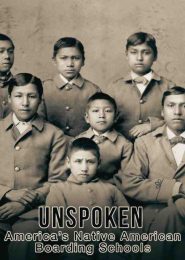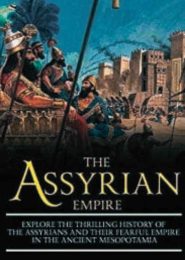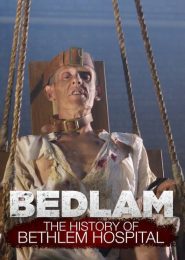Pompeii: The Last Day (2003)
Pompeii: The Last Day is a compelling docudrama that transports viewers back to the fateful day of August 79 AD, when Mount Vesuvius unleashed its catastrophic fury upon the Roman cities of Pompeii and Herculaneum. This BBC production, directed by Peter Nicholson and written by Edward Canfor-Dumas, combines dramatic reenactments with robust historical research and cutting-edge CGI to recreate the harrowing last hours of these ancient cities.
The documentary meticulously follows the lives of several inhabitants whose existence and professions are historically documented. Among them are a local politician and his family, a fuller (a worker in the cloth industry), his wife, and two gladiators. The narrative also weaves in the perspectives of historical figures such as Pliny the Elder, a renowned naturalist, and his nephew Pliny the Younger, whose eyewitness accounts provide a vivid description of the eruption.
As the Vesuvian eruption unfolds, the documentary depicts the various stages of the disaster, from the initial tremors to the fatal pyroclastic flows. The production’s use of extensive CGI immerses the audience in the catastrophic events, illustrating the formidable power of nature and its ability to shape human history.
The personal stories of the residents are heart-wrenching, particularly the family of Julius Polybius. The documentary draws upon the 1975 discovery of the skeleton of a pregnant woman, believed to be Julia, surrounded by her family in the House of Julius Polybius. The portrayal of their final moments is a poignant reminder of the human cost of natural disasters.
Pompeii: The Last Day not only serves as a historical account but also as a tribute to the lives lost. It stands as a testament to the enduring fascination with Pompeii and Herculaneum, cities frozen in time by volcanic ash and pumice. The documentary was well-received, earning accolades such as the Primetime Emmy Award for Outstanding Sound Editing for Nonfiction Programming and the BBC Factual Audience Award.
This docudrama is a blend of education and entertainment, offering a window into the past and a mirror reflecting the vulnerabilities of our own modern existence. It is a reminder of the transient nature of life and the legacy of the Roman world, encapsulated in a day of destruction and despair that has echoed through the ages.




